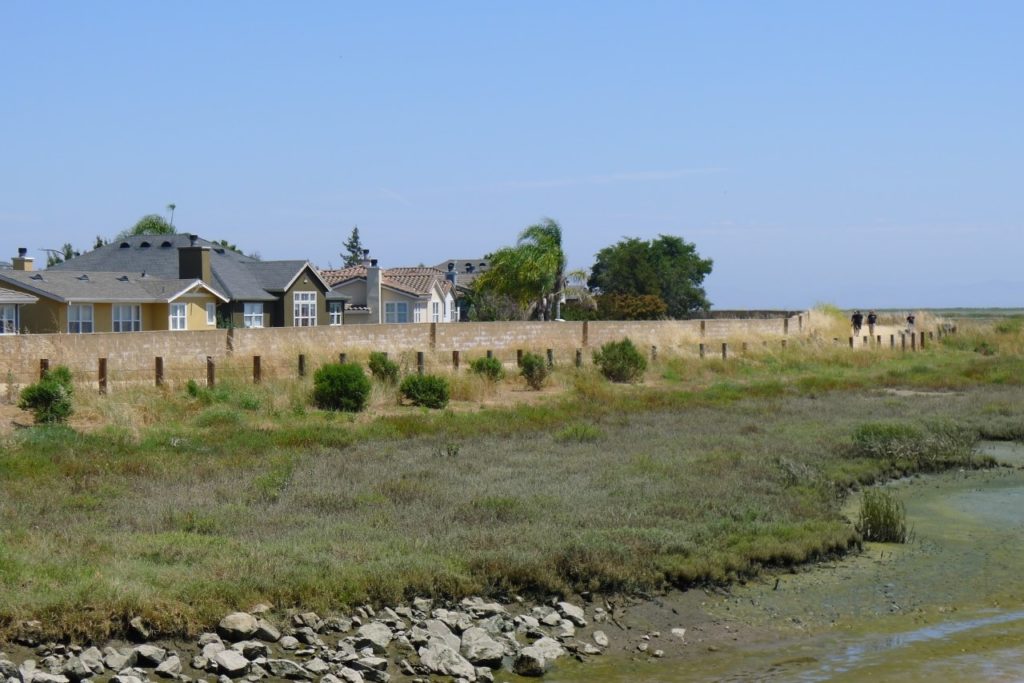Project Lead: Celina Balderas Guzman, UW Assistant Professor of Landscape Architecture
Data Science Lead: Spencer Wood
Sea level rise threatens human communities on the coast with a variety of hazards including erosion and flooding. However, these risks are reduced in locations where coastal wetlands provide a natural buffer that absorbs the force of waves created by storms. As a result, global institutions, national and local governments, non-profits, practitioners and scientists are currently promoting wetland conservation as an effective adaptation response to climate change. This increased interest means investment dollars and planning resources are going into wetland conservation. The motivation behind this work is to provide information about the number of people and types of communities that would benefit from wetlands that could be useful to researchers, policymakers, and communities interested in restoration or conservation.
To evaluate the potential benefits of wetland conservation we ask: how many people currently benefit from the protective benefits of coastal wetlands and who are they? This research quantified and profiled “wetland communities” in coastal states using data science techniques. We created Python code to calculate the total population and demographic characteristics of people living within any predefined distance from an existing coastal wetland around the entire United States, using data from federal sources. The code summarizes results by state and nationally. In future work with a new team member, we will expand the analysis to calculate the total population living in future wetland migration corridors across the coastal United States.


